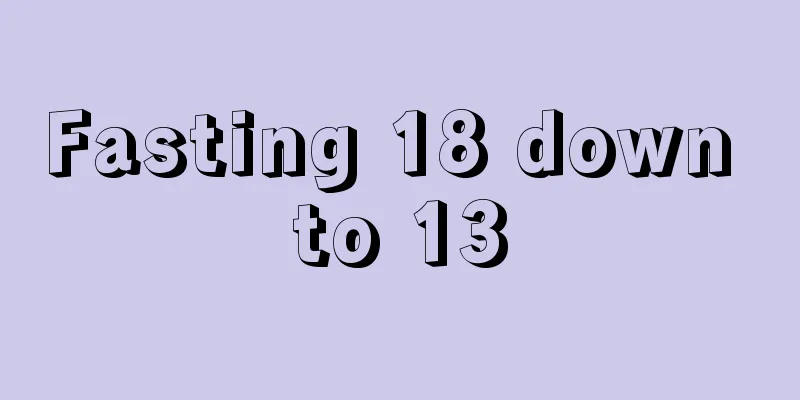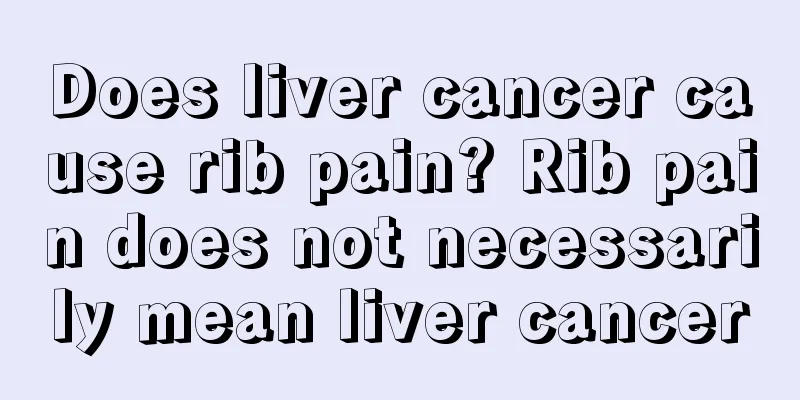Fasting 18 down to 13

|
Blood sugar dropped from 18 mmol on a fasting diet to 13 mmol. Although this is a very good result, it is still not ideal. Further efforts are needed to lower blood sugar to around 7 mmol. To restore blood sugar to normal range, you need to reduce weight and avoid being overweight. At the same time, you need to "control your mouth and move your legs", that is, while paying attention to your diet, you also need to increase exercise, so that you can achieve good results. Dietary precautions: 1. The staple food is generally rice and noodles, but we prefer coarse grains, such as oats, cereals, cornmeal, etc., because these foods contain more inorganic salts and vitamins, and are rich in dietary fiber. Dietary fiber has the effect of lowering blood sugar and is beneficial to controlling blood sugar. 2. Soybeans and soy products are the best protein sources for patients with high blood sugar. On the one hand, they contain high-quality protein; on the other hand, they do not contain cholesterol and have a lipid-lowering effect, so they can replace some animal foods, such as meat. 3. During the calorie control period, if you still feel hungry, you can eat vegetables with low sugar content, boil them in water, and then mix them with some seasonings. Because vegetables contain high levels of dietary fiber and water, have low heat energy and have a filling effect, they are essential foods for diabetic patients. 4. Prohibited foods include: white sugar, brown sugar, glucose and sugar-based sweets, such as candy, cakes, jam, candied fruit, ice cream, sweet drinks, etc. In addition, potatoes, yam, taro, lotus root, garlic sprouts, carrots, etc. which are high in carbohydrates should be used less or the corresponding staple food amount should be reduced after consumption. 5. Use less lard, tallow, kerosene, cream, and butter that are rich in saturated fatty acids, or better yet, avoid using them. Vegetable oil can be used to replace part of animal oil. Peanuts, walnuts, sesame seeds and melon seeds also contain a lot of fat. Try not to eat them or eat less or reduce your oil intake. 6. Egg yolks and animal offal such as liver, brain, and kidneys contain very high cholesterol and should be used as little as possible or not at all. 7. Fruits contain glucose and fructose, which can increase blood sugar. Therefore, when blood and urine sugar levels are relatively stable, fasting blood sugar <7.8mmol/L or 2-hour postprandial blood sugar <10mmol/L, you can eat them between meals or before going to bed, but you should also reduce the corresponding staple food. 8. Alcohol mainly contains alcohol, which produces high heat but contains very little other nutrients, so it is best not to drink it. 9. In addition to controlling total calories, patients with high blood sugar should also diversify their food. However, due to the restriction of sugar and salt, the taste of dishes will be relatively simple. In response to this, a variety of sweeteners such as stevia and sweetened sugar have been produced on the market, which do not produce heat and do not contain any nutrients. In the past two years, a sweetener called protein sugar has been developed, which is composed of amino acids, does not produce heat, and has no side effects. It is currently a more ideal sweetener, such as Newtose and Yuanzhen Sugar. 10. For insulin-dependent patients, they also need to strictly implement dietary control under the guidance of doctors and nutritionists. For obese diabetic patients with hypertension and coronary heart disease, in addition to stricter dietary control, they should avoid eating animal offal, egg yolks, fish roe, etc., and strictly control animal oils such as butter, lard, and tallow, as the saturated fatty acids in them are not conducive to the prevention of atherosclerosis. 11. For diabetic patients with renal insufficiency, in addition to controlling the total calories, they should pay attention to low salt, no salt or low sodium and protein intake according to their condition. The protein supply should not be too high, and soy products should be avoided. For uremia, a low-protein diet should be adopted, with protein intake of about 30 grams per day. The staple food should be wheat starch instead of rice and noodles, and the protein supply should preferably be high-quality protein, such as milk, eggs, lean meat, etc. |
>>: Vitamin B complex on an empty stomach
Recommend
Is acupuncture therapy instrument useful?
With the development of medicine, the treatment o...
What are the symptoms of non-gonococcal urethritis?
Some friends may not be familiar with the term no...
What is the most effective way to eliminate long-term physical fatigue?
If you work or study for a long time, your body w...
What are the complications of bone cancer
What complications can bone cancer cause? Bone ca...
What to do with advanced colorectal cancer
Advanced colorectal cancer is indeed a worrying t...
What are the early treatments for cerebral thrombosis?
Cerebral thrombosis is a common cerebrovascular d...
What are the symptoms of gastrinoma?
Gastrinoma is similar to ulcer disease, but it la...
How to care for osteosarcoma in the elderly
I don't know how much you know about osteosar...
What are the daily care methods for lung cancer? 3 daily care methods for lung cancer
After lung cancer treatment, patient care is very...
How to heat refrigerated breast milk
For breastfeeding women who are working, feeding ...
Knowledge collection for gastric cancer diagnosis
Gastric cancer must be differentiated from gastri...
Things to note when undergoing chemotherapy for colon cancer
In recent years, colon cancer has become one of t...
Brief analysis: Symptoms of esophageal cancer
Esophageal cancer is entering our country with hi...
The most common clinical diagnostic method for pancreatic cancer
With the continuous development of medical techno...
What are the early symptoms of colon cancer and how to treat colon cancer
What are the early symptoms of colorectal cancer ...









